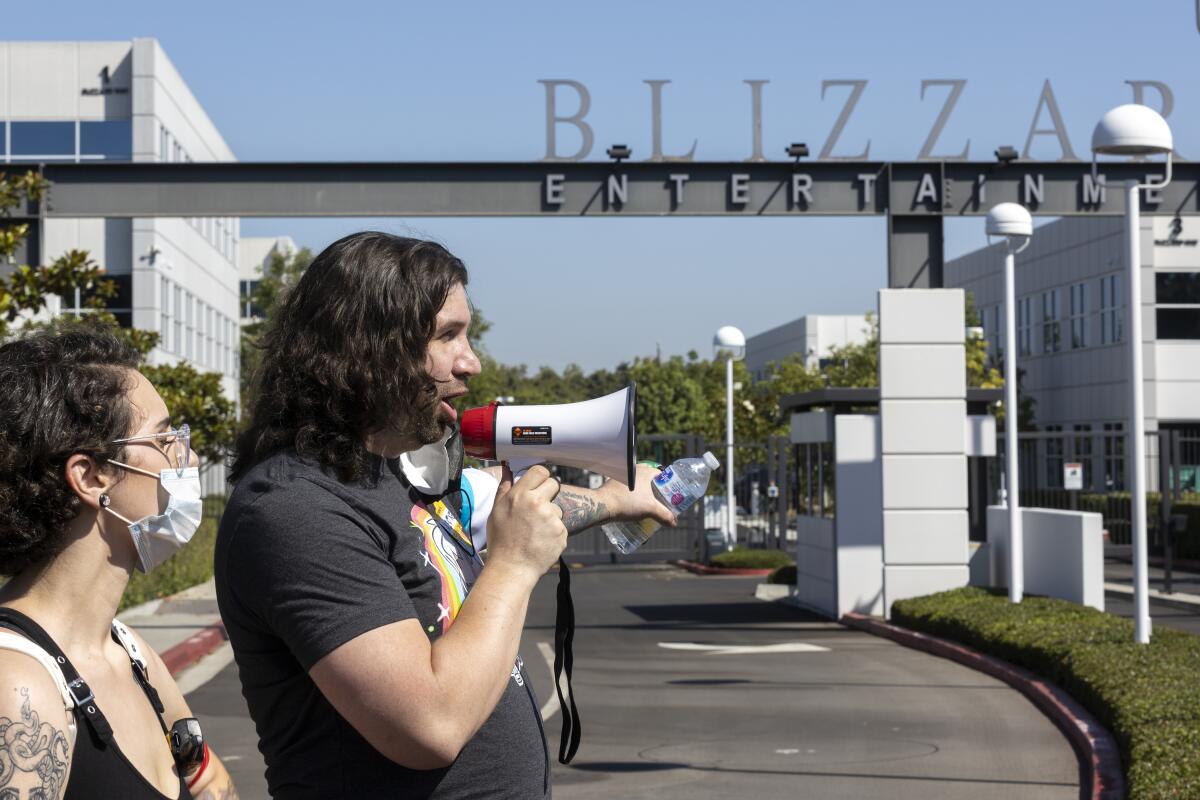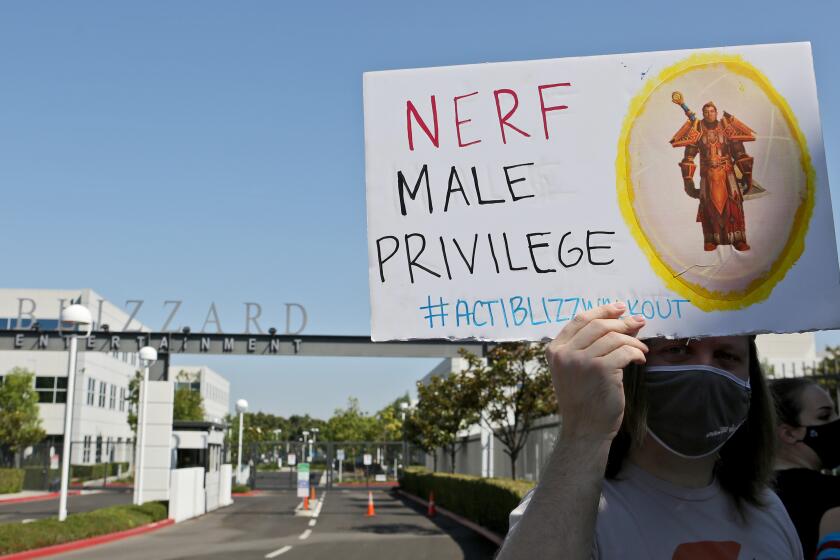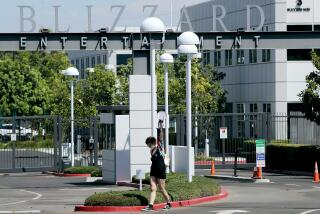Quality assurance workers at Activision Blizzard subsidiary unionize, a first at a major U.S. gaming company

A small group of quality assurance workers at an Activision Blizzard-owned game studio have unionized, marking the arrival of the first labor union at a major U.S. gaming company.
The workers at Raven Software, which is a Wisconsin subsidiary of Activision, voted to form the union Game Workers Alliance with the Communications Workers of America. Nineteen workers voted in favor of the union, with three voting against, the National Labor Relations Board tallied Monday. Two additional challenged ballots were uncounted, but do not change the outcome.
The union victory at the video game giant could serve as a foothold for other workers in the gaming industry looking to organize. Workers have increasingly criticized practices in the industry, including temporary contracts with little job security and grueling working conditions during weeks-long pushes to meet game deadlines. North America saw its first video game union form at the end of 2021 at Vodeo Games, an indie studio with about a dozen employees.
The vote comes during a transitional and tumultuous period at Activision Blizzard, with Microsoft announcing its intentions to purchase the company for nearly $69 billion in January.
The video game company has settled with U.S. prosecutors, but private suits and a California case over harassment and discrimination are still open.
Activision Blizzard has in recent years faced high-profile claims of sexual misconduct and unequal pay. The Santa Monica video game giant creates some of the most well-known franchises in the industry, including “Call of Duty,” “Diablo” and “World of Warcraft.” Raven Software, a subsidiary acquired in 1997, leads the company’s “Call of Duty” development.
Raven Software workers walked off the job in early December after several members of the quality assurance department were let go at the end of their contracts. Between 70 and 75 workers from Raven and other parts of Activision Blizzard went on strike. The work stoppage lasted more than a month and culminated in workers announcing their intent to unionize in January.
Days after workers announced their intent to unionize, Raven management announced plans Jan. 24 to break up the department of quality assurance workers and distribute them to other teams. Activision Blizzard then lobbied the NLRB to expand the group of workers eligible to vote in the union election. The Communications Workers of America said expanding the pool of eligible voters was a strategy to dilute support for the union. The NLRB dismissed Activision Blizzard’s petition in late April, allowing the election to move forward.
Activision Blizzard spokesperson Jessica Taylor said in an emailed statement that “an important decision that will impact the entire Raven Software studio of roughly 350 people should not be made by 19 Raven employees.”
During the months-long union campaign, public officials scrutinized the actions of the video game giant amid allegations that it engaged in union-busting tactics.
Prosecutors with the U.S. labor board determined Monday, hours before the vote count, that the company illegally threatened staff and enforced a social media policy that violated workers collective action rights.
Taylor denied the charges.
“These allegations are false. Employees may and do talk freely about these workplace issues without retaliation,” Taylor said in a statement. “Our social media policy explicitly says that it ‘does not restrict employees from engaging in the communication of information protected by law.’ ”
Newsom pushes back on claims he interfered with a state lawsuit against Activision. A lawyer who quit the agency in protest suggested his actions reflected ‘political influence.’
More to Read
Inside the business of entertainment
The Wide Shot brings you news, analysis and insights on everything from streaming wars to production — and what it all means for the future.
You may occasionally receive promotional content from the Los Angeles Times.













